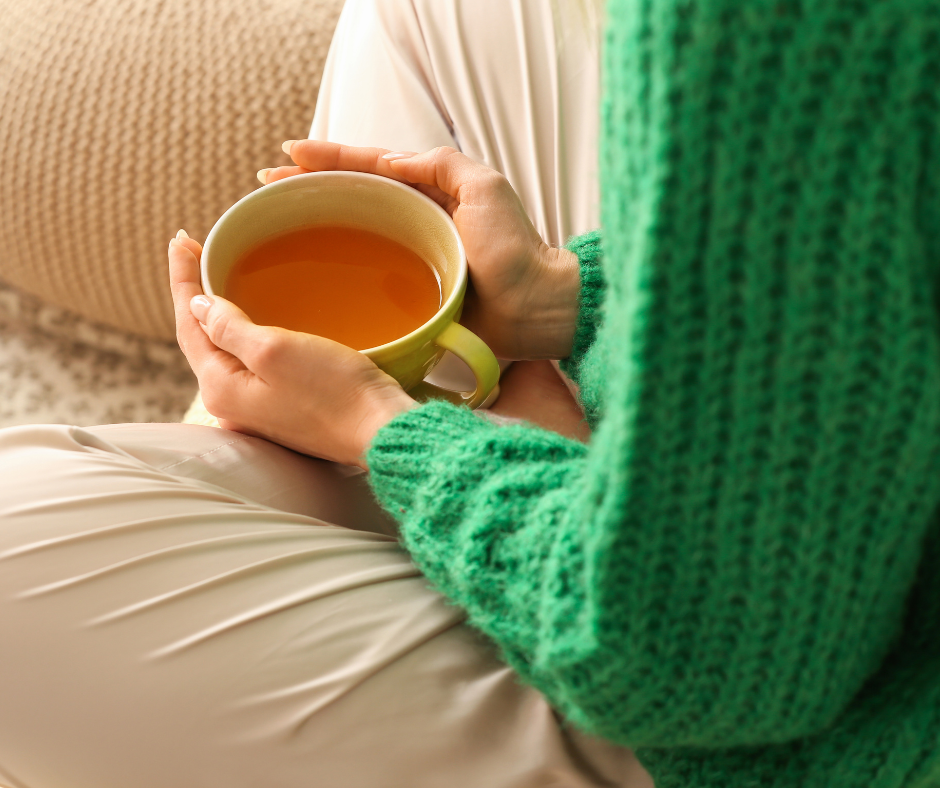
Sleep is one of the most important keys to good health, and yet it is the one we most often sacrifice. Why is sleep so essential? And how much sleep should we be getting each night?
 According to the National Institute of Health, sleep is important to a number of brain functions, including learning and creating new memories. Sleep is also the time when your brain rids itself of built up toxins. Sleep affects almost every type of body system - from the brain, heart, immunity, mood, and metabolism. Those who are chronically sleep deprived are more likely to develop serious health problems, such as high blood pressure, cardiovascular disease, depression, diabetes, and obesity.
According to the National Institute of Health, sleep is important to a number of brain functions, including learning and creating new memories. Sleep is also the time when your brain rids itself of built up toxins. Sleep affects almost every type of body system - from the brain, heart, immunity, mood, and metabolism. Those who are chronically sleep deprived are more likely to develop serious health problems, such as high blood pressure, cardiovascular disease, depression, diabetes, and obesity.
So how much sleep should you be getting each night? The Centers of Disease Control and Prevention recommends that adults (including older adults) consistently get at least 7 to 9 hours of sleep. Recent studies have shown that variability in sleep habits can significantly our mood and lead to depression, no matter how many total hours we sleep. So it’s essential that we allow ourselves to get enough restorative sleep every night (not just on weekends). So how can you ensure that you get enough sleep?
Having a bedtime routine is an important component to obtaining adequate amounts of sleep. Below are some tips to ensure you are getting the most out of your sleep.
GOOD SLEEP STARTS IN THE MORNING

- Get up at the same time each morning and open your curtains to allow morning light in.
- The snooze button is not your friend!
- Make your bed (Have you ever seen this graduation speech by a former Navy Seal about how you can change the world by making your bed?)
- If possible, go for a morning walk.
- Fuel your body properly! Start with a smoothie, starring NingXia Red for an energy boost.
CREATE AN IDEAL SLEEPING ENVIRONMENT
- Keep your room comfortably cool. Experts recommend 60-65 degrees.
- Turn off your TV. In fact, if possible, do not have a TV in your bedroom.

- Do not look at your your devices at least two hours before bedtime.
- Avoid eating heavy meals close to bedtime.
- Limit your exposure to bright light and sunlight during the evening hours leading up to slumber.
- Drink some herbal tea and take a natural sleep supplement, such as Young Living SleepEssence.
- Use light-blocking curtains in your bedroom, especially if you sleep during the day.
- Sleep on a comfortable mattress and pillow to help support your natural sleeping position.
- Diffuse calming essential oils, such as lavender essential oil or Peace and Calming essential oil blend.



